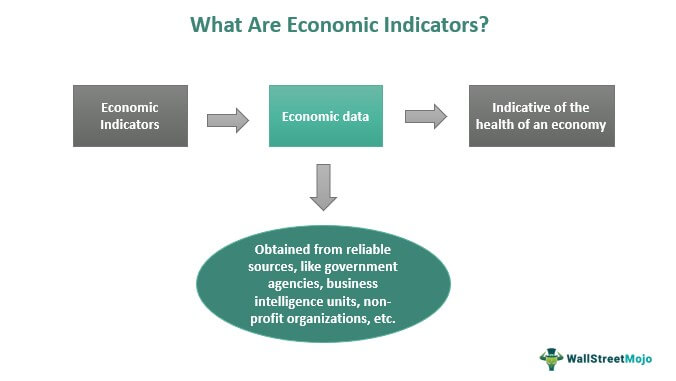
Venture capital (VC) is a type of financing that is provided to early-stage, high-growth companies. VC firms invest in companies that have the potential to be very successful, but that also have a high risk of failure. In exchange for their investment, VC firms typically take a minority stake in the company.
VC firms typically invest in companies that are in the seed, start-up, or early growth stage. Seed-stage companies are just getting started and need funding to develop their product or service. Start-up stage companies have a product or service that is ready for market, but they need funding to grow their business. Early growth stage companies have a successful product or service, but they need funding to expand their business.
VC firms invest in a wide range of industries, including technology, healthcare, consumer products, and manufacturing. However, they tend to focus on industries that are growing rapidly and that have the potential to disrupt the status quo.
VC firms typically invest in companies that have a strong team of founders. The founders should have a proven track record of success in the industry, and they should be passionate about their business. The company should also have a clear vision for the future and a plan for how it will achieve its goals.
VC firms typically invest a significant amount of time and resources into the companies they invest in. They provide advice and guidance to the founders, and they help the company to grow and scale. VC firms also have a network of contacts that they can use to help the company to raise additional capital and to make strategic partnerships.
VC investing is a risky business. The vast majority of VC-backed companies fail, and even the most successful companies often take years to generate a return on investment. However, the potential rewards for VC investors can be very high. If a VC firm invests in a company that becomes a success, it can generate a significant return on its investment.
Here are some of the benefits of venture capital financing:
- Access to capital: VC firms can provide early-stage companies with the capital they need to grow their business.
- Expertise: VC firms have a wealth of experience in the startup world and can provide valuable advice and guidance to entrepreneurs.
- Network: VC firms have a network of contacts that can help entrepreneurs to raise additional capital, make strategic partnerships, and hire top talent.
Here are some of the challenges of venture capital financing:
- High risk: VC investing is a risky business, and the vast majority of VC-backed companies fail.
- High cost: VC firms typically charge high fees, which can eat into the returns of investors.
- Long-term investment: VC investments typically take several years to generate a return on investment.
If you are considering raising venture capital financing, it is important to do your research and to make sure that you are working with a reputable VC firm. You should also be prepared to give up a portion of your company in exchange for the investment.
Here are some tips for raising venture capital financing:
- Make sure you have a strong business plan.
- Build a strong team.
- Network with VC firms.
- Be prepared to answer tough questions.
- Be patient. It can take time to find the right VC firm and to close a deal.
Venture capital financing can be a great way to grow your business. However, it is important to understand the risks and challenges involved before you decide to raise VC capital.thumb_upthumb_downuploadGoogle itmore_vert


